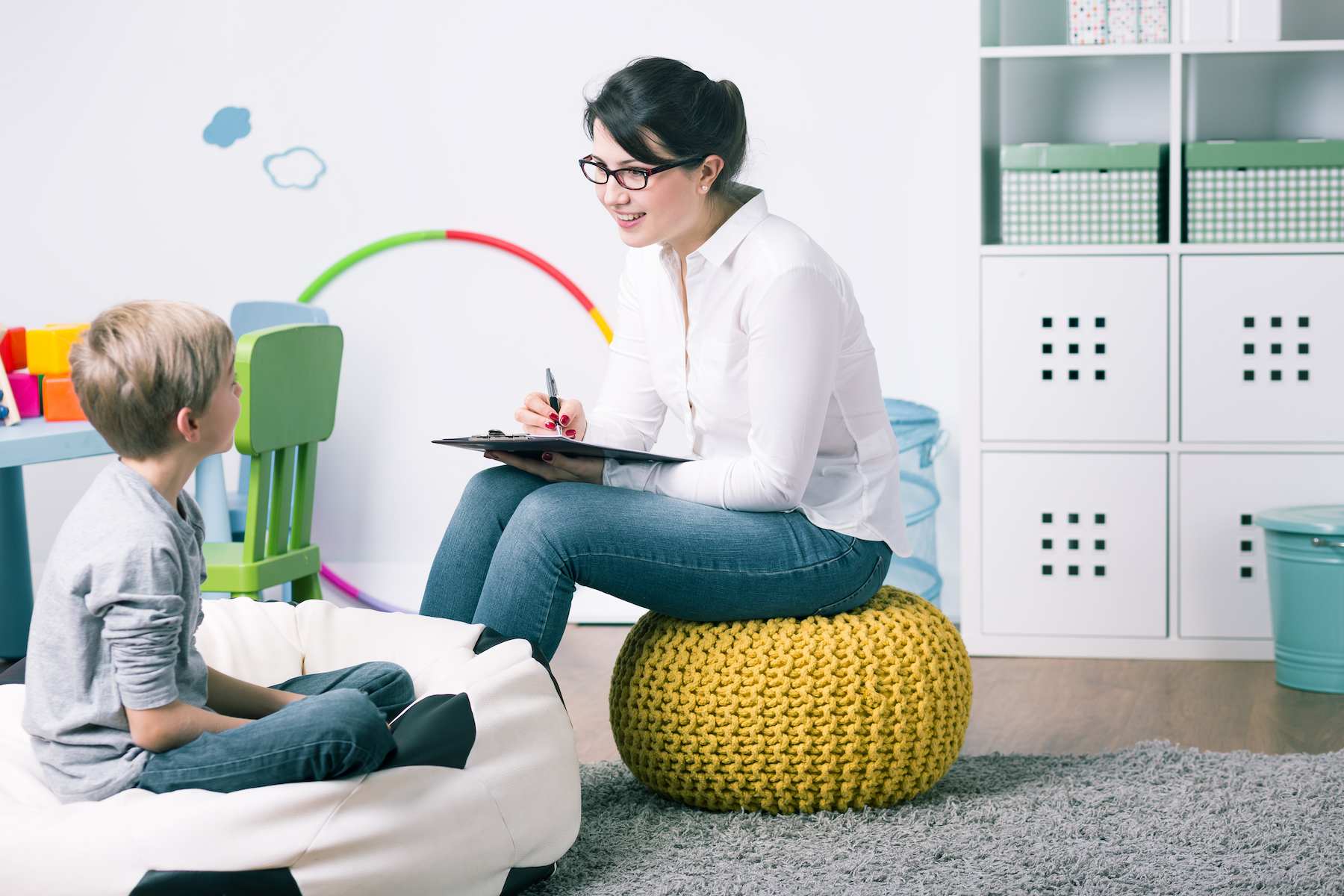Parents serve as the primary role model for their children. That includes gender identification, interpersonal relationships, and demonstrating responsibility in many different areas. Until they are well into adolescence, children primarily exist in what is called an egocentric world, meaning they believe the world revolves around them and they are somehow responsible for all that happens in their world.
Children who experience divorce struggle to understand, consciously or subconsciously, their role in the breakup. Simultaneously, they feel an urgent need to tightly cling to their relationships with each parent, especially because one of their primary role models has suddenly been expelled from the system, so to speak. And, either consciously or subconsciously, they begin to wonder ‘what about me’ or ‘what will happen to my parent?’
Because of these numerous struggles, their relationship deepens with each parent, and they rely more heavily on their parents to model appropriate behaviors. Your behaviors matter now even more than before.
Modeling your language
Your words matter. If you previously spoke poorly about the other parent, it will now take on an even greater meaning. If the other parent was the one who left the home, your child may wonder what will happen to them if they do something to upset you. Will they be forced to leave the home as well?
If you just began speaking poorly about your child’s other parent, your child may wonder what you think of them because they are a combination of both parents. Are they a good or bad person? Are the inherited traits from the other parent things they should be ashamed of or try to eliminate? They may question your parenting based on this behavior.
Modeling relationships
It is just as important to model appropriate relationships with friends, partners and your child’s other parent. Your child will notice how their single parent now relates to the parents and adults in their life. This will impact how they relate to others now and in the future.
Intimate relationships must be handled with care. If you have many intimate relationships coming in and out of the house, then their primary role model for relatedness is not exactly secure. You can expect your child to replicate a lot of these dysfunctional behaviors when they reach adolescence and/or when they begin to look for partners.
In conclusion
As a divorced parent, it’s really important to take a step back and examine the behaviors you model for your child. Ask yourself the following:
- What is it that my child sees in me right now?
- How can I appropriately support my child when they are insecure about their relationship with me and their other parent. They need me now more than ever.
- What can I do to create healthy modeling and provide emotional and psychological security?
- How can I mitigate some of the potential problems that children from broken families may experience when they begin to date?






